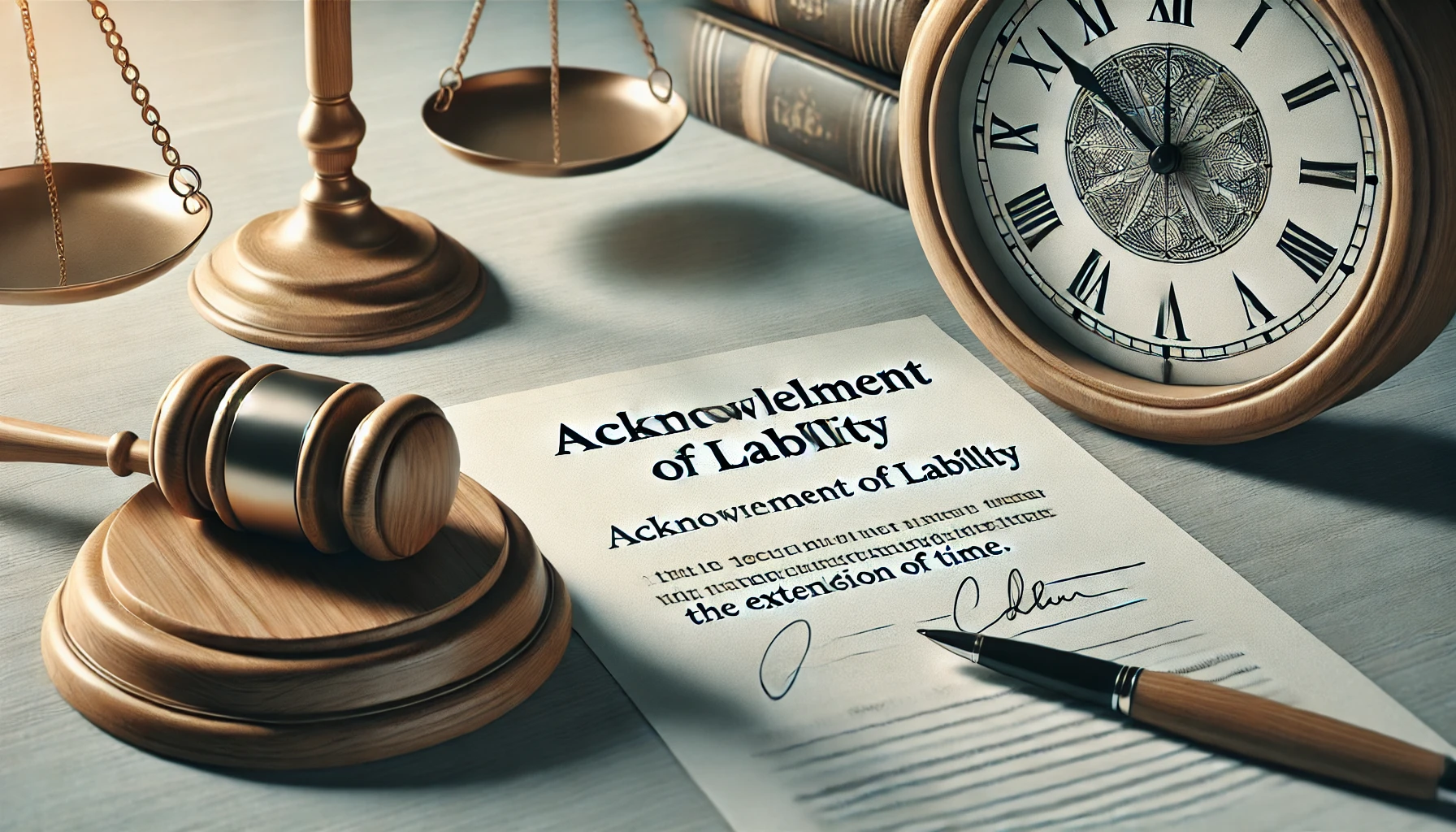Section 18 addresses the effect of an acknowledgment of liability in writing on the computation of the limitation periodfor suits and applications.
Key Points:
1. Acknowledgment Before Expiry:
- If an acknowledgment of liability is made in writing before the expiration of the prescribed limitation period, a fresh limitation period begins from the date of acknowledgment.
- The acknowledgment must be signed by the party against whom the right is claimed or by an authorized agent.
2. Nature of Acknowledgment:
- The acknowledgment must clearly recognize the existence of the right or liability.
- It need not be a promise to pay but should indicate the subsisting relationship between the parties regarding the debt or liability.
3. Form of Acknowledgment:
- The acknowledgment must be in writing and signed.
- It can be in the form of a letter, receipt, account statement, or any other written document that acknowledges the debt or liability.
4. Multiple Acknowledgments:
- Each acknowledgment within the limitation period sets a new starting point for computing the limitation period.
- This prevents the claim from being barred as long as periodic acknowledgments are made.
5. Purpose:
- Section 18 ensures that the acknowledgment of liability by the debtor or the person liable extends the limitation period, providing the claimant with a renewed period to pursue their claim.
- It encourages transparency and honesty in debtor-creditor relationships.
6. Illustration:
- If A owes B a debt with a limitation period ending on January 1, 2023, and A acknowledges the debt in writing on January 1, 2022, the new limitation period begins on January 1, 2022.
By detailing these provisions, Section 18 of the Limitation Act, 1963, ensures that written acknowledgments can revive and extend the limitation period, safeguarding the rights of claimants and fostering trust in legal and financial relationships.

